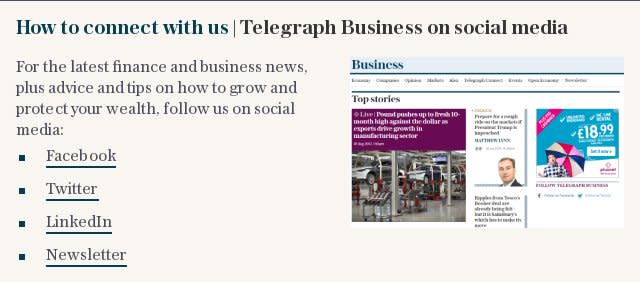What's going on under the bonnet in car sales?

Scrappage schemes. A new price war. Secondhand car sales figures that show a major drop, then are corrected a week later to show a negligible decline. The many moving parts of Britain’s car sales market make it hard to decipher what’s going on.
“There’s no doubt it’s quieter,” says James Baggott, editor-in-chief of industry magazine Car Dealer. Unlike the bosses of many of large car companies, he has no shareholders to worry about spooking with a downbeat message on the state of the industry.
“It’s tougher than last year but then with Brexit we expected it, and bashing diesel isn’t helping.”

But just how tough is it? “Dealers always say it’s tough,” says Mr Baggott. “Even last year when the industry had its best year ever there were moans. So it’s not falling off a cliff now.”
The figures bear out his view. Last year, a record number of new cars were driven off dealers’ forecourts – despite the upset caused by the EU referendum – as the sector reported 2.69m new registrations, a proxy for sales.

That performance didn’t stop the industry trade body Society of Motor Manufacturers and Traders (SMMT) sounding warnings in November that Brexit could mean £1,500 slapped on the price of an imported car.
As the new year started, industry chiefs were privately admitting it was “almost impossible” to say where the market was headed, with demand “defying all other economic indicators”.
The expectation was for a decline of about 5pc in new car sales, and the SMMT’s latest official prediction for the year is a 3.7pc drop to 2.59m.
Things started off well in 2017, with sales rising 2.9pc in January, dipping 0.3pc the following month, then accelerating by 8.4pc in March, fuelled by drivers rushing to beat a new tax regime imposed on April 1. The heavier levies meant sales plunged by 19.8pc in April, starting five months of falls that mean year-to-date sales are 2.4pc behind the same point in 2016.

What’s happening in the used car market is a little more confusing. The SMMT, which collates data from the Driver and Vehicle Licensing Agency, said last month secondhand car sales had collapsed in the second quarter, falling 13.5pc. A few days later it went into reverse, saying a data entry error meant the true figure was just 0.7pc lower than a year ago.
Throw into the mix the “scrappage” schemes most manufacturers have launched and things get even harder to decipher.
These offers are billed as an incentive of up to £7,000 to trade in older and more polluting vehicles, mainly diesel cars, for newer, greener models. Manufacturers say it shows their commitment to cleaning up the environment.

Vauxhall, one of the first to introduce such a scheme, last month said it had taken in 20,000 vehicles since its scrappage programme launched in May.
Cynics say the offers are little more than the opening shots in a price war as manufacturers try to bolster sales.
“It’s not clear the scrappage deals are worth more than the discounts buyers could haggle anyway given the softening of the markets,” said Prof David Bailey, a car industry expert at Aston University.
How the deals will impact demand will become clearer over the next few months but concern about diesel’s environmental credentials mean it has gone from a 47.2pc share of the new car market a year ago to 39.6pc today.

While things might be tougher for salesmen on forecourts, there’s no doubt there is money to be spent. Demand for alternatively fuelled vehicles, or AFVs – electric and hybrid powered cars to the layman – is rising at a staggering rate.
Priced at a premium to conventional vehicles – the Nissan Leaf, the world’s bestselling electric car, starts at about £25,000 before incentives for what is basically a medium-sized hatchback – AFVs now represent 5.2pc of the market, up from 3.1pc a year ago.

One of the best indicators of the health of the market will come with September’s new car sales data. Motorists keen to have the updated registration plate the month brings may see some pent-up demand is released, according to some. Others in the industry are pessimistic, warning what is traditionally the second strongest strong month for sales could be “pretty bloody”.
“September should provide a better indicator of the state of the industry which has long been stagnating and feels on the edge of a crisis,” said Alex Buttle, director of car-buying website Motorway.co.uk.
Putting a further pressure on demand is the Bank of England, after it signalled it is watching personal contract purchase (PCP) deals which have been behind the boom in sales.

These leases guarantee a regular “churn” as drivers move to newer vehicles as agreements expire, but the Bank has highlighted them as a source of trouble if motorists become overstretched and stop renewing.
For all the concerns, Mr Baggott takes a more reasoned view. “Sure, it’s not as good as last year, but that was a record,” he said. “Perhaps year-on-year comparisons aren’t the best measure and we should be looking further back. Five years ago registrations were about 2m – we’re in a good place compared to then.”
